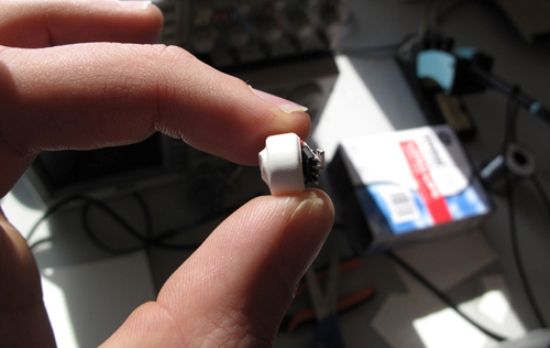Ultrasound tablet will help to stop regular injections of insulin
Last reviewed: 17.10.2021

All iLive content is medically reviewed or fact checked to ensure as much factual accuracy as possible.
We have strict sourcing guidelines and only link to reputable media sites, academic research institutions and, whenever possible, medically peer reviewed studies. Note that the numbers in parentheses ([1], [2], etc.) are clickable links to these studies.
If you feel that any of our content is inaccurate, out-of-date, or otherwise questionable, please select it and press Ctrl + Enter.
Americans have created an ultrasound tablet that promotes accelerated absorption of the drug in the digestive tract. The uPill device was developed by ZetrOZ with the participation of specialists from the Massachusetts Institute of Technology.
Pharmacologically active substances will be applied from the outside to the encapsulated electronic tablet filling. After taking the tablet during its passage through the gastrointestinal tract, the device begins to generate ultrasonic waves.
According to Daniel Anderson of the Massachusetts Institute of Technology, tissue is heated by ultrasound, the permeability of the cell membranes increases, and as a result, the rate of absorption of the drug can increase to 10 times with respect to the baseline level.

The developers propose to use uPill in combination with drugs made on the basis of protein molecules. This group includes insulin preparations, many vaccines, as well as funds for the treatment of cancer. The creators of the tablet expect that the use of the device will allow diabetics to refuse regular injections of insulin and take it inside.
One of the founders of ZetrOZ, George Lewis (George Lewis), in turn noted that the company had previously created an ultrasound patch, which provides percutaneous drug delivery to the body. According to him, the key task in the development of uPill was to further reduce the size of the device to make it suitable for ingestion.
Currently, the developers are conducting clinical trials of ultrasound tablets on animals. Anderson expressed the hope that uPill will be launched on the market for several years. According to him, the market value of the device will be from 20 to 30 dollars.
